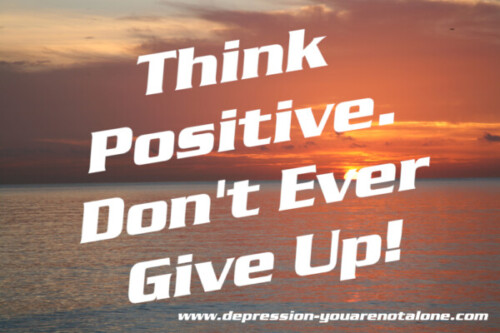Clinical vs. Situational Depression
By D.Y.A.N.A Editorial Team
Depression is a complex mental health condition that affects millions of people worldwide. It can be triggered by a variety of factors and can manifest in different ways. Two common types of depression are clinical depression and situational depression. Although these types of depression share some symptoms, they have distinct differences that require different treatments.
Clinical depression, also known as major depressive disorder (MDD), is a persistent and severe form of depression that can significantly impact a person’s daily life. It is often characterized by feelings of sadness, hopelessness, worthlessness, and loss of interest or pleasure in activities that were once enjoyable. Other symptoms may include changes in appetite and sleep patterns, fatigue, difficulty concentrating, and thoughts of suicide.
Unlike situational depression, clinical depression is not necessarily linked to a specific trigger or event. It may be caused by a combination of genetic, biological, environmental, and psychological factors. Additionally, clinical depression may not improve without treatment and may require medication, psychotherapy, or a combination of both.
On the other hand, situational depression is a temporary form of depression that is triggered by a specific event or situation. For example, the loss of a loved one, a relationship breakup, job loss, or financial difficulties can cause situational depression. Symptoms may include feelings of sadness, anxiety, and hopelessness, as well as changes in sleep patterns and appetite. However, unlike clinical depression, situational depression typically improves as the person adjusts to the new situation or receives support from family, friends, or a mental health professional.
Another difference between clinical depression and situational depression is their duration. Clinical depression is a chronic condition that may persist for weeks, months, or even years if left untreated. In contrast, situational depression usually lasts for a shorter period of time, typically several weeks to several months.
Treatment for situational depression may include counseling, support groups, and stress-reduction techniques, such as meditation or exercise. In some cases, medication may also be helpful. However, for some individuals with situational depression, the best treatment may simply be time and the support of loved ones.
In conclusion, clinical depression and situational depression are two different types of depression that have different causes, symptoms, and treatment options. Clinical depression is a chronic and severe condition that requires professional treatment, while situational depression is a temporary condition that usually resolves on its own or with the help of supportive resources. If you or someone you know is experiencing symptoms of depression, it is important to seek professional help to determine the underlying cause and develop an appropriate treatment plan.

